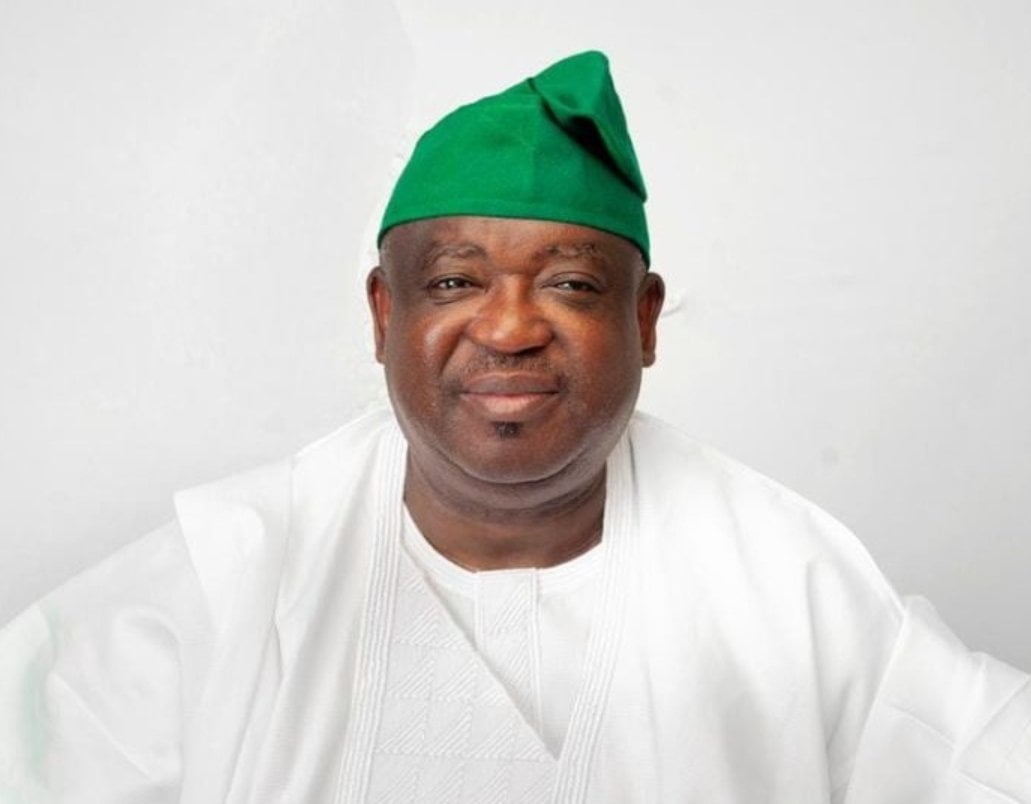 The Centre for Democracy and Development (CDD) has called for an effective Voter Education before the 2015 General Elections in Nigeria .In its briefing note titled “Who is the King-Maker in Nigeria: The Voter or the Godfather” released on Monday 17 November 2014, CDD argues that since independence, Nigeria’s politics has been reduced to mere contest between individuals, religious or ethnic groups struggling for access and/or control over state resources.
The Centre for Democracy and Development (CDD) has called for an effective Voter Education before the 2015 General Elections in Nigeria .In its briefing note titled “Who is the King-Maker in Nigeria: The Voter or the Godfather” released on Monday 17 November 2014, CDD argues that since independence, Nigeria’s politics has been reduced to mere contest between individuals, religious or ethnic groups struggling for access and/or control over state resources.
CDD in the briefing note states that Nigerian political parties over the years lack concrete political manifestos and ideology. That unfortunately, the distinguishing factor in elections is usually the candidates themselves and not the issues and policies they advocate for.
Also the center argued that the 2015 general elections are important in Nigeria’s march towards democratic strengthening, and will further evident the uninterrupted and growing demands for democracy in the country, since the transition to civilian administration in 1999. However, the overwhelming influence of political godfathers and moneybags in the electoral process pose threats to democratic survival.
According to CDD “poverty, illiteracy, ignorance, voter apathy, mandate theft, election violence, and other forms of electoral misconduct have had displeasing impacts on Nigeria’s elections in the past. It is also identified lack of strategic voter and civic education as an aggravating factor. Ordinarily, the voter in any democratic dispensation should be the kingmaker and determines the outcome of the election. However, in the Nigerian context, there is a clear tension between the voter and the godfather, and after analysis, it becomes obvious that the latter holds the ace asto who is elected into office.
A statement signed by Hassan Idayat the centre’s director said “ CDD further argues that engagement between candidates and the electorate is currently flawed and the build up to the 2015 general elections is not different. Political parties are currently showcasing the credentials of their candidates and have not engaged the voters to garner their support. Rather, there is a deliberate poly to keep the voter subject to the whims and caprices of the politicians.
CDD in the briefing note states that with the emergence of ‘stomach infrastructure’ in Nigeria’s electoral lexicon, the voter is further short-changed as the moneybags and godfathers significantly influence the outcome of elections in Nigeria.
Based on the current trends and possible scenarios in the lead up to the 2015 general elections, CDD emphasizes the need and urgency for improved voter education to prevent further alienation and subtle exclusion of the Nigerian voter in the 2015 general elections.
CDD in the briefing note therefore recommended that the Nigerian government should increase the current financial allocation to INEC to allow the Commission to conduct effective voter education.
That government should ” establish an Electoral Offences Commission to ensure that those who commitelectoral offences are held accountable.
It called on the Independent National Electoral Commission to “intensify its collaboration with organisations like National Orientation Agency (NOA), the Federal Ministry of Information and umbrella bodies such as the Nigerian Union of Journalists (NUJ). INEC should also work with CSOs in radio and television programmes designed to increase voter education in Nigeria.
The Centre said that INEC “ should partner with CSOs to develop context specific voter education materials incorporating issues from pre, during, and post elections.
Also, it “should take the lead in the re-orientation of the Nigerian public from voter education to civic education.
It also suggested that Political Parties must deepen voter education among their members as they are the major beneficiaries during elections.
CDD called on parties to concentrate on developing issue-based policies in their manifestos and campaign only on issues as a means of attracting votes during election and it should mobilise their supporters and members to enhance their chances at elections.
CDD also noted that the National Human Rights Commission ” Should embark on voter education by highlighting issues related to electoral justice and electoral offences.
It “Should amplify its electoral impunity campaign (e.g continue publishing the names of those indicted by Nigerian courts for electoral malpractices in previous elections).
Equally, the centre suggested, “That Civil Society Organisations and Professional Bodies should devise conventional and unconventional means of reaching out to voters to exercise their mandates in a way that positively influences the outcome of elections.
They should concentrate on working with local partners to develop issue- based civic education materials and include post-election mandate protection as a core component of election cycle projects.
They must prioritise socio, cultural and political contexts in their voter education messaging and should deliberately target their voter education exercises at the grassroots level so as to meet the larger and uninformed populace.



